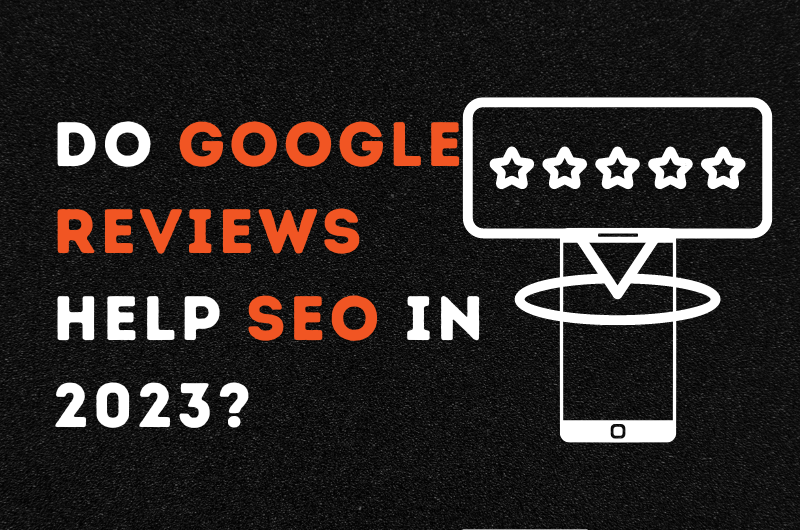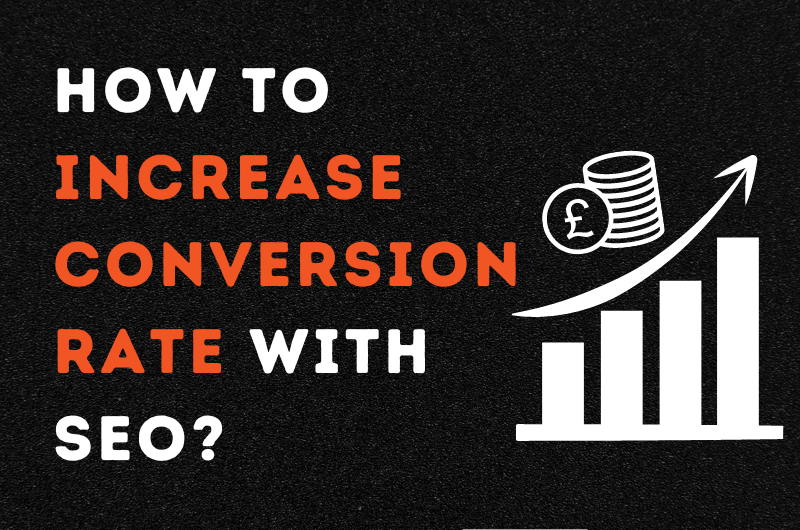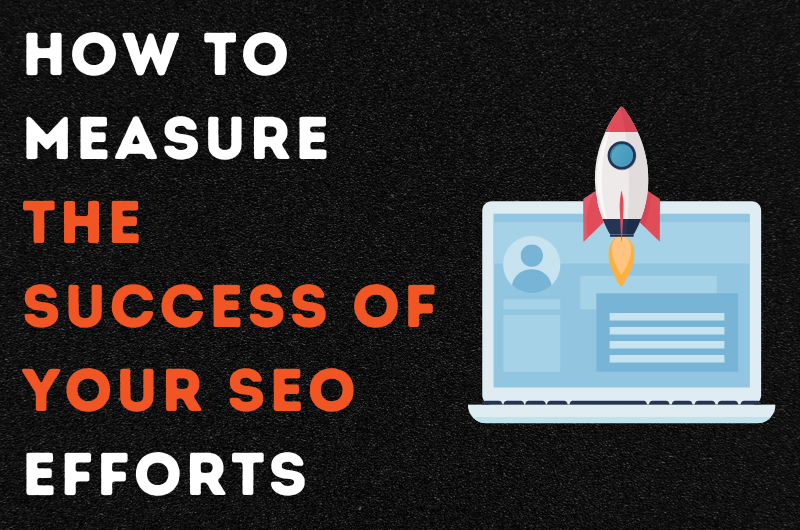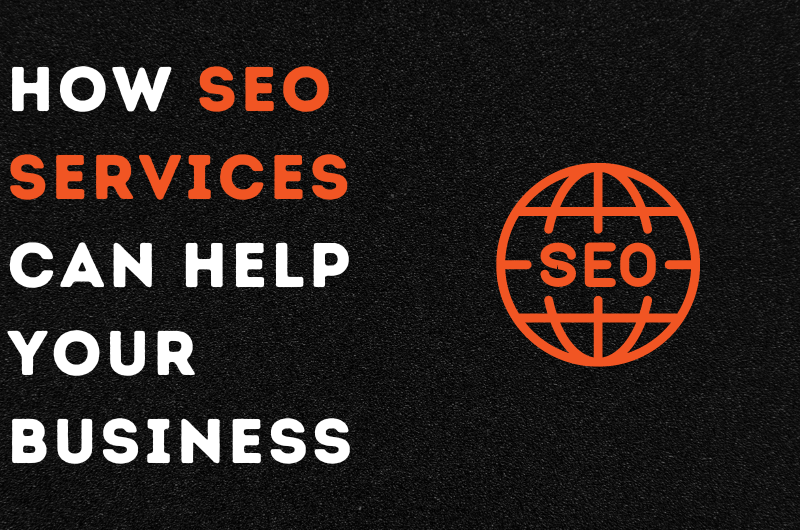Do Google Reviews Help SEO in 2023?
Here is a comprehensive answer to do Google reviews help SEO in 2023? Google reviews still carry a very high importance because users heavily rely on them to make a transactional decision. Data shows that 92 percent of users report reading at least one review before making a purchase. Due to this importance, search engines […]
Do Google Reviews Help SEO in 2023? Read More »






